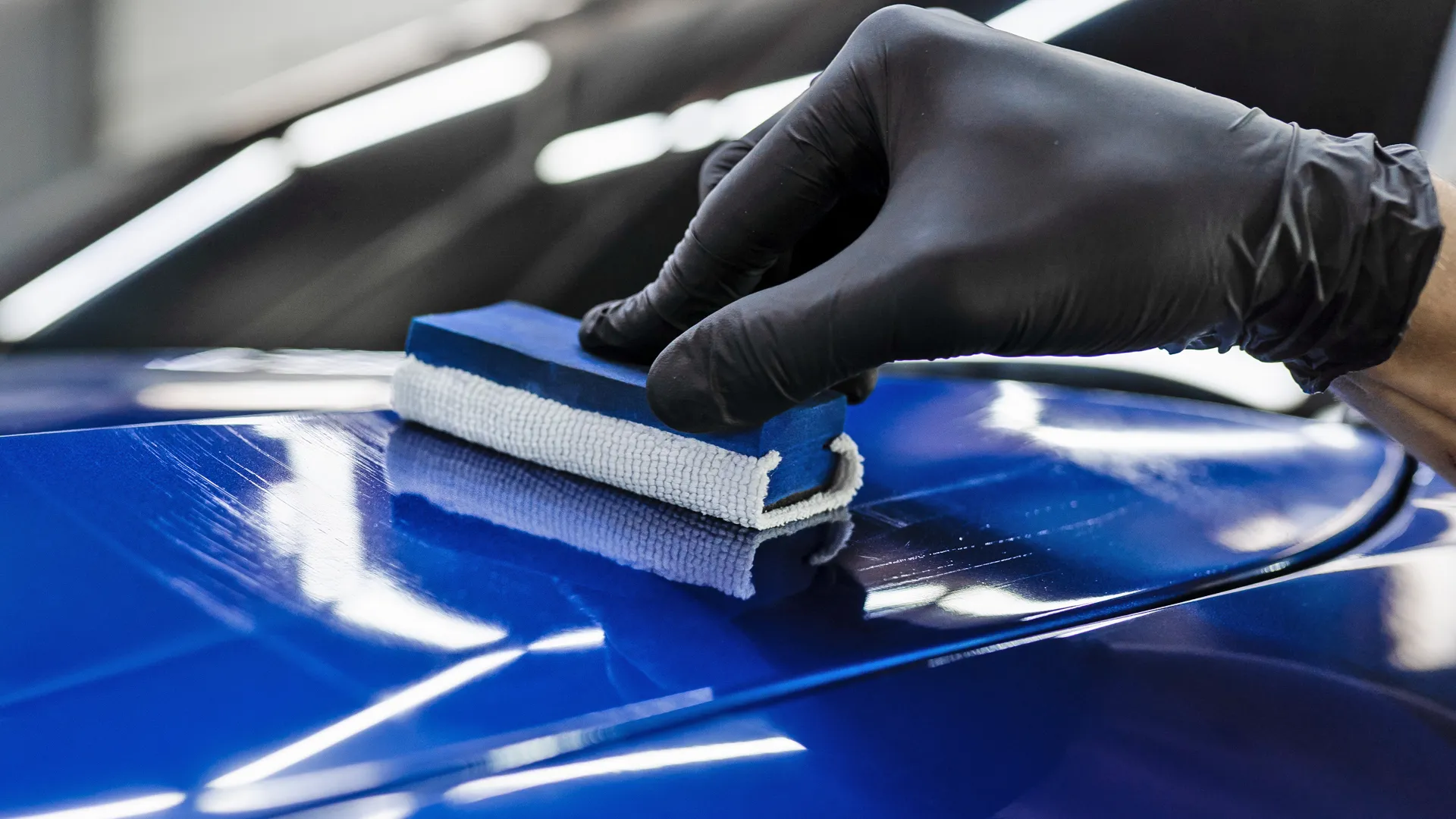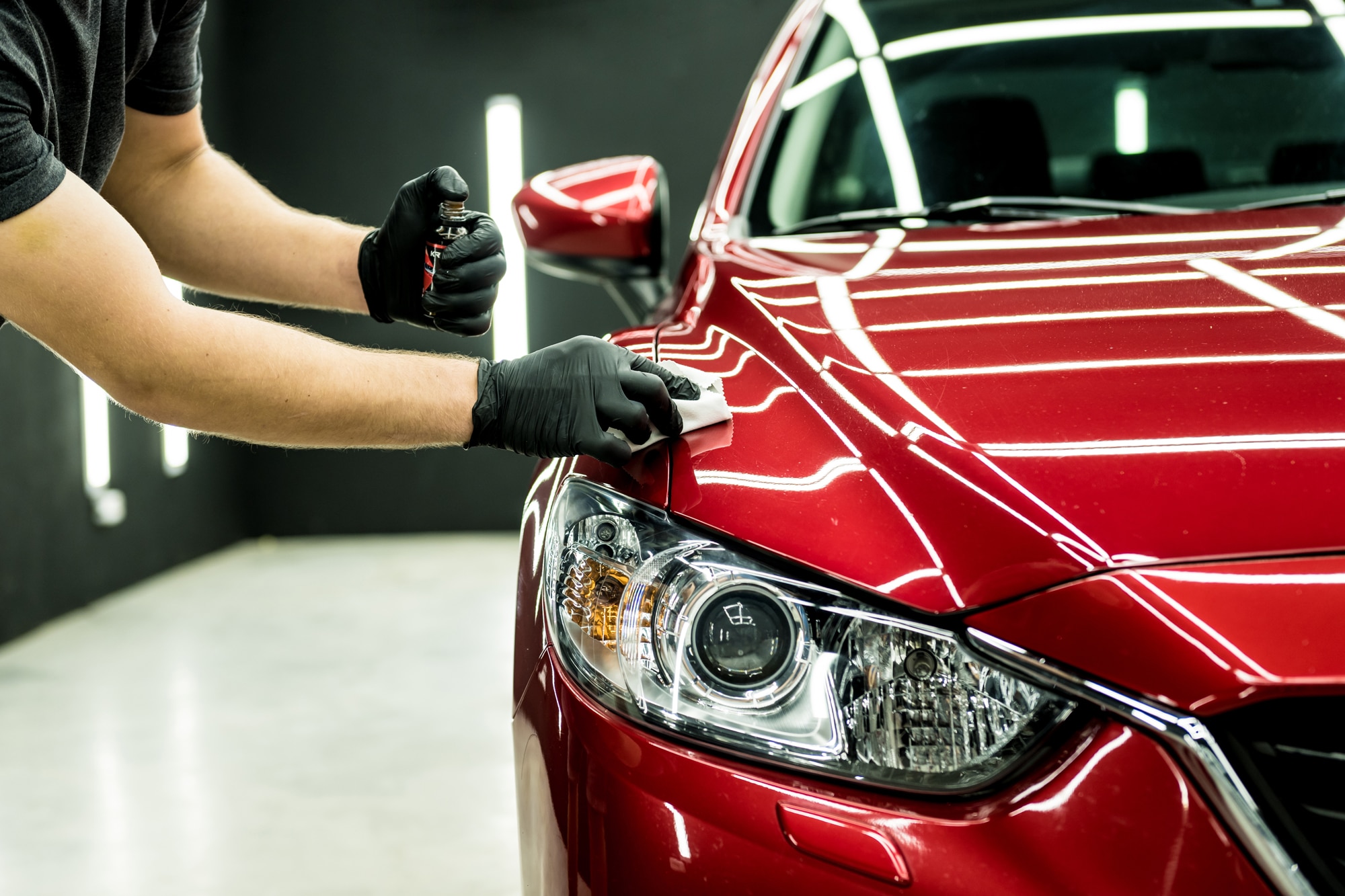Find top-quality car detailing services for a flawless car finish.
Find top-quality car detailing services for a flawless car finish.
Blog Article
A Comprehensive Overview to the Kinds Of Ceramic Layer on the marketplace
Ceramic finishes have arised as a crucial solution throughout various industries due to their distinct homes and applications. As we explore the distinct features and applications of these finishings, the ramifications for efficiency and longevity end up being progressively obvious, elevating concerns regarding which type may finest fit your requirements.
Understanding Ceramic Coatings
Ceramic finishes are innovative safety solutions that have actually acquired popularity in numerous sectors, particularly in automotive and aerospace applications. These finishings contain a liquid polymer that, when treated, creates a resilient, hydrophobic layer externally of the substrate. This layer offers improved resistance to environmental pollutants, UV radiation, and chemical direct exposure, thereby extending the life and visual appeal of the underlying product.
The fundamental part of ceramic finishings is silica, which adds to their firmness and toughness. The application process commonly entails surface prep work, application of the finish, and curing, which can be attained with warmth or UV light. Once treated, ceramic finishings exhibit remarkable bonding homes, permitting them to adhere strongly to a variety of surface areas, including steels, plastics, and glass.
In addition to their safety attributes, ceramic coatings additionally use convenience of maintenance. Their hydrophobic nature reduces the adherence of dust and crud, making cleaning easier and less frequent. Generally, the fostering of ceramic finishes stands for a significant improvement in surface area defense modern technology, providing both practical and visual benefits across numerous sectors.
Types of Ceramic Coatings
Numerous types of ceramic coverings are offered, each made to satisfy details performance requirements and applications - ceramic coating sarasota. The most common kinds include:
Silica-based Coatings: These coatings primarily contain silicon dioxide and are known for their toughness and chemical resistance. They are extensively used in automobile and industrial applications.
Titanium Dioxide Coatings: Popular for their photocatalytic homes, titanium dioxide coatings are usually used in settings where self-cleaning and antifungal buildings are desirable, such as in building products and automobile surfaces.
Zirconia Coatings: Defined by their high-temperature stability and thermal resistance, zirconia coatings are utilized in applications such as turbine engines and high-performance vehicle parts.
Alumina Coatings: Displaying exceptional firmness and thermal stability, alumina finishes are often used in wear-resistant applications, consisting of reducing devices and commercial machinery. - Auto Detailing
Hybrid Coatings: Incorporating the residential or commercial properties of numerous materials, hybrid coatings provide boosted efficiency characteristics, making them appropriate for one-of-a-kind and demanding applications.
Each sort of ceramic layer serves unique functions, enabling individuals to pick one of the most appropriate solution based upon more tips here certain ecological problems and performance requirements.
Advantages of Ceramic Coatings
Coatings play a crucial function in improving the efficiency and durability of surfaces throughout various markets. Ceramic coatings, in certain, offer many benefits that make them progressively preferred amongst manufacturers and customers alike. One of the key advantages is their outstanding longevity. These layers are resistant to scratches, chemicals, and UV rays, ensuring that the underlying surface area stays secured over time.
In addition to longevity, ceramic coverings give excellent hydrophobic properties, permitting very easy cleansing and maintenance. This water-repellent nature decreases the adherence of dust, crud, and various other contaminants, which can extend the aesthetic appeal and performance of the surface. Ceramic layers can considerably enhance thermal resistance, making them optimal for applications that withstand high temperature levels.

Application Process
When using ceramic coverings, a careful method is important to accomplish optimal outcomes. The application process usually starts with extensive surface area preparation. This includes washing, sanitizing, and brightening the surface area to remove all pollutants, consisting of dust, grease, and prior waxes or sealers. A clean surface area ensures proper attachment of the finish.
Once the surface area is prepped, the next step is to use the ceramic finishing. The finish must be used in thin layers, as thicker applications can lead to unequal finishes.
After application, the coating requires a particular curing time, generally varying from a few hours to a complete day, depending on the product. Following these steps diligently will make the most of the performance and long life of the ceramic finishing, giving a durable protective layer for the surface.
Maintenance and Durability
To make sure the long life and effectiveness of a ceramic covering, routine upkeep is important. Ceramic finishes, recognized for their resilience and safety qualities, need certain treatment regimens to optimize their life expectancy and efficiency.
In addition to routine washing, regular inspections are essential. Look for indications of wear or damage, such as hydrophobic properties decreasing or surface area blemishes. If needed, a light polish may be related to revitalize the layer without stripping it away.
Additionally, the application of a booster spray can boost the coating's hydrophobic effects and recover its gloss. This is particularly helpful for finishings that have remained in usage for an extensive period. Inevitably, by adhering to these upkeep methods, one can substantially expand the life of a ceramic coating, ensuring that it proceeds to provide ideal protection against environmental elements and preserve the visual appeal of the car.
Conclusion

Report this page